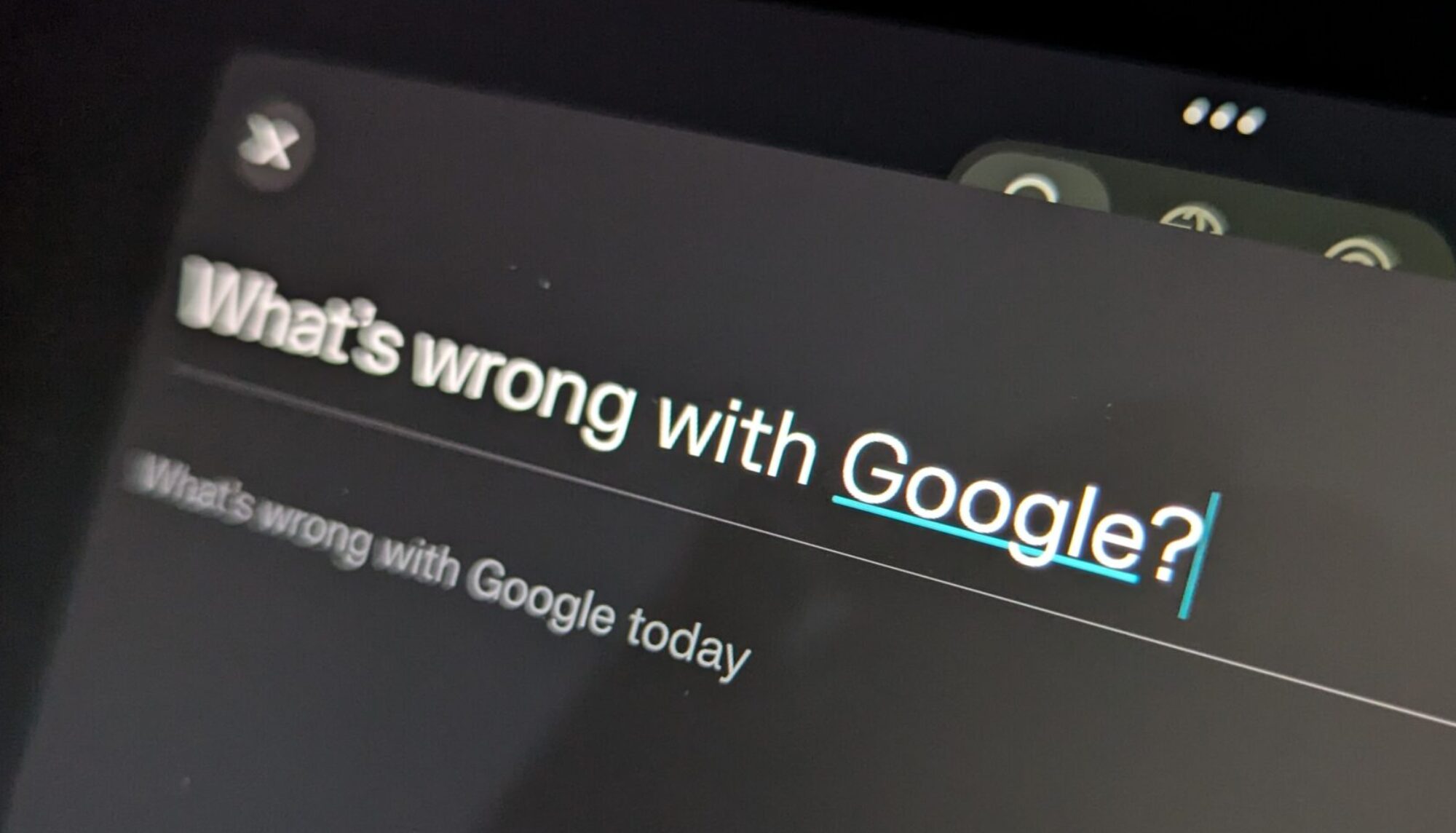It’s really easy. All you have to do is believe articles like the one I ran across on LinkedIn recently. It was given credence by appearing on the Ad Age website. It’s title proclaimed that it was about Google’s “Penguin” update and how it would lead to something the author referred to as “new SEO“. (SEO is the acronym for search engine optimization)
It’s important to first focus on the fact that the author can’t know very much about any of Google’s updates because all such information is a trade secret that is carefully guarded by Google. Despite his lack of actual knowledge about Google’s algorithms the author conflates his opinions to improperly and insultingly define SEO (search engine optimization) as doing something to “fool a crawler into indexing borderline junk content to get high rankings”. Doesn’t an article falsely claiming to know something about Google’s Penguin update quality as “junk content”? In fact, isn’t his practice an example of “link baiting” which is the creation of “borderline junk content” to lure sites into linking to the material? I think that “yes” is the correct answer to both these questions.
It’s no surprise, then, that this author, speaking as a content creator, extols the virtue of content creation and how it represents something he calls “new SEO“. Unfortunately for his argument content has always been an important part of search returns so he is saying nothing new but thinks it appropriate to bash SEO anyhow.
Google has succeeded by doing search better than the other search engines. We can count on Google to continue to improve their performance. Yes, content is important and there are more ways than ever to produce content with the increasing importance of social media. Since SEO is the art and science of making it clear what your business does it will adapt. It must be forever new and a single update to Google’s algorithms is unlikely to cause catastrophic change as this author purports.


